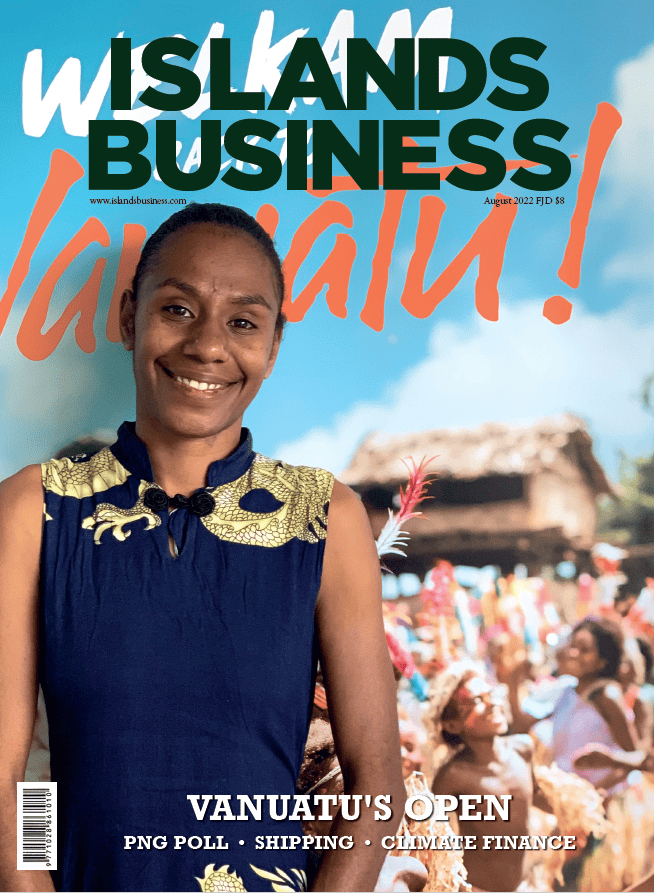Kiribati’s constitutional crisis
Kiribati’s constitutional crisis over the status of high court judge David Lambourne continues. This month, the court of appeal ruled that government orders to deport Lambourne were invalid and should be quashed, calling the submissions from government lawyer Ravi Batra, “quite hopeless”. The government had sought to deport Lambourne—who is married to opposition leader Tessie Lambourne— earlier this month, claiming he posed a risk to security. But the court of appeal has now ordered that Lambourne’s passport be returned to him and held that the Kiribati government . . .
Please Subscribe to view full content...
